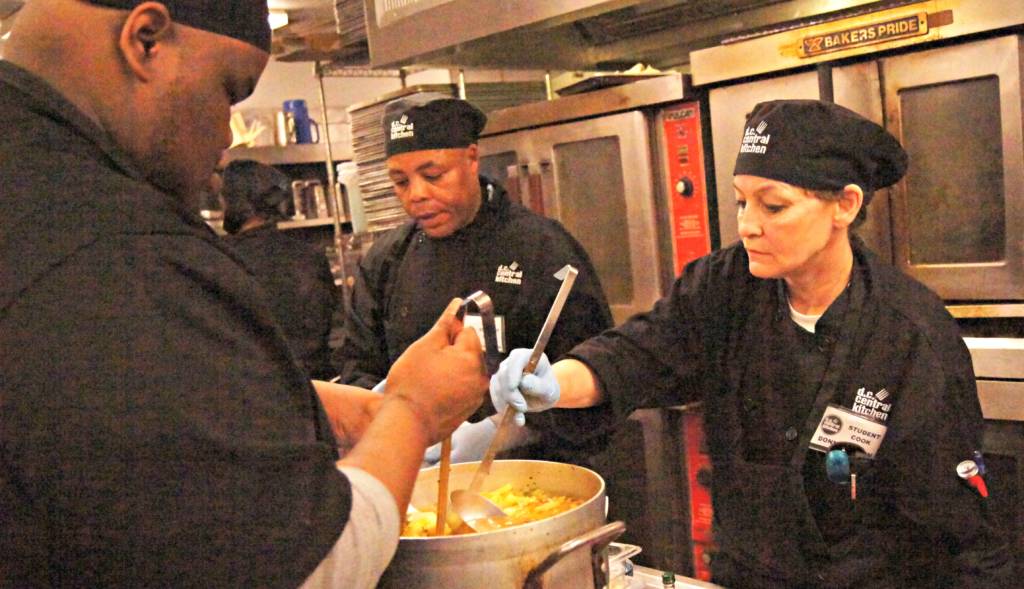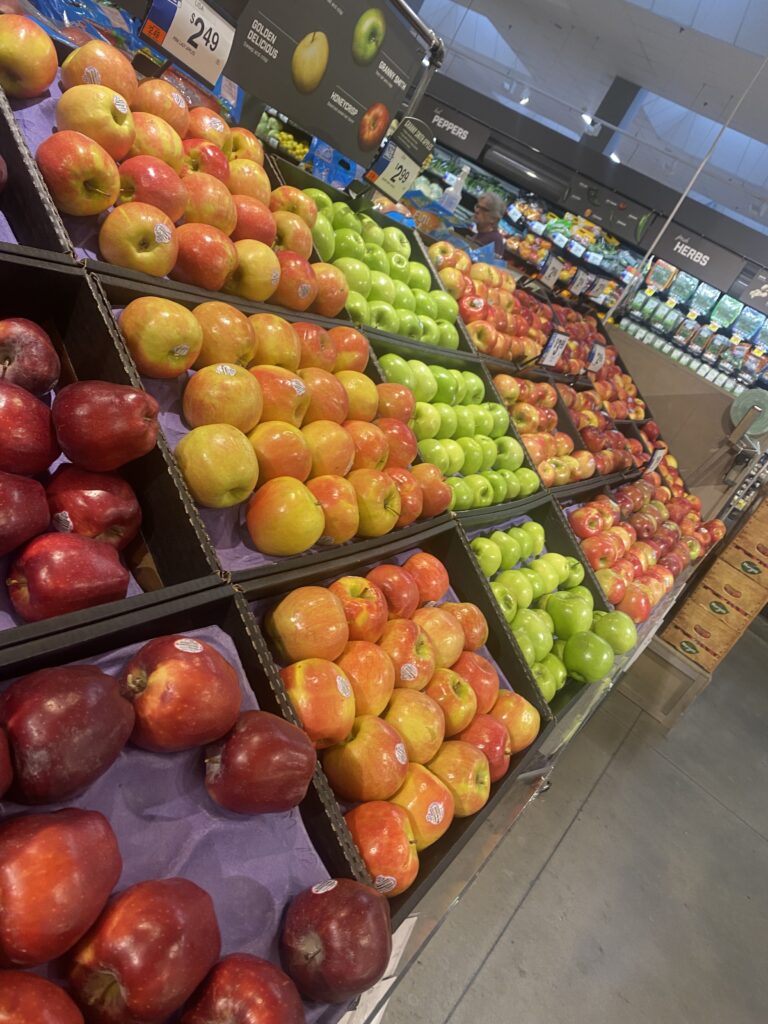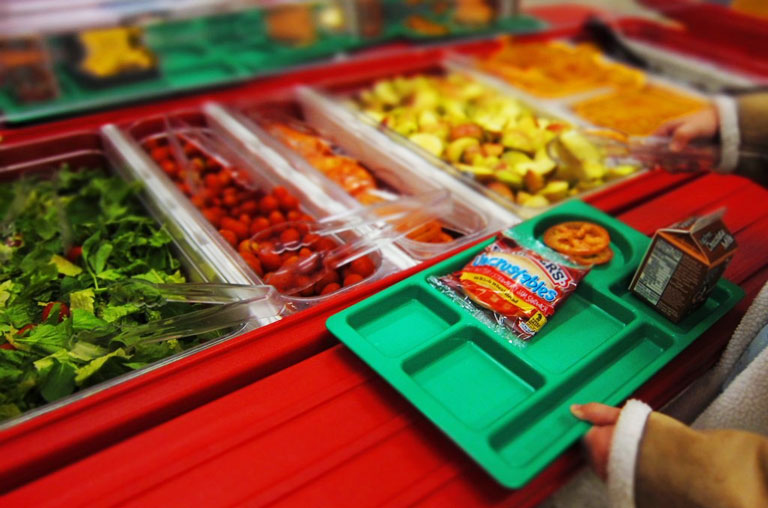Alexander Justice Moore observed the crowd gathered on a recent weekday evening at the Chinatown location of Busboys and Poets, a bookstore and restaurant in Washington, DC. Then the chief development officer at DC Central Kitchen introduced his first book, “The Food Fighters,” in which he chronicles the organization’s 25 years of struggle against hunger and poverty.
He told the audience how the Kitchen’s creator, Robert Egger, started the organization with an innovative and amazing idea to fight starvation, privation and unemployment. Moore’s book, which chronicles that story, coincides with the 25th anniversary of DC Central Kitchen.
“When I was writing this book, I was trying to reflect the anger Robert felt,” he said. “ You see that anger in the first several chapters. Robert is a mentor.”
“The Food Fighters” is about “Robert’s big vision,” Moore explained. After a frustrating experience volunteering, Egger began to question not only the impact of his individual efforts but the way the city and local charities were delivering help to the poor and homeless.
Egger, then a 27-year-old nightclub manager, felt he saw a number of gaps in the system. Traditional soup kitchens seemed inefficient and insufficient, with “nothing happening” between two meals served. Meanwhile, local shelters’ struggles to feed the homeless diverted staff and resources away from providing other kinds of help. All the while, in businesses all over the city, food was being wasted. Egger was certain they were throwing away enough to feed hundreds of people.
In 1989, Egger opened DC Central Kitchen. The nonprofit started out collecting leftover food from hotels and restaurants and delivering it to shelters and rehabilitation centers. But before long, the mission evolved and Egger found himself running a kitchen in the basement of the city’s largest shelter run by the Community for Creative Non-Violence, at 2nd and D Streets NW.
“DC Central Kitchen was doing way more for people with way less resources,” Moore said. Egger and his team expanded soon after, including partnerships with markets, local farmers and stores, reusing products they were not able to sell.
Turning that would-be waste into meals, DC Central Kitchen saved 737,564 pounds of food in 2013 alone, and the group now counts 88 different partners.
Twenty five years since it began, the nonprofit organization prepares 5,000 meals a day, for breakfast, lunch and dinner.
Egger decided to go further and use the kitchen to create employment and self-empowerment. In 1990, the first culinary training program started. With four sessions per year lasting 14 weeks each, the program teaches more than cooking skills; it also gives trainees more self-confidence, and helps them to update their resumes and to apply for jobs.
“Filling stomachs was fine, but changing lives was what mattered,” Moore writes in his book. “Egger did not just want to fight hunger. He was looking to satisfy a deeper hunger among his clients, one that could only be filled by the self-confidence, self-worth, and self-sufficiency that comes with a real job.”
With an unemployment rate of 8.1 percent, Washington remains above the national average. In 1996, the Kitchen began another struggle against unemployment by becoming a social enterprise. The group was able to hire people and pay them. The organization now counts 150 employees, about 58 of whom are Culinary Job Training graduates.
“If it weren’t for DC Central Kitchen, where would I be? Who would give a guy with my background, 54 years old, a job?” asks Marvin Bushrod, who went from serving a decades-long prison sentence to production cook, in a staff interview on DC Central Kitchen’s website. “There are people out there who have been looking for years for work, people with no criminal background, who can’t find a job.”
With food as a tool, DC Central Kitchen’s goal is to give strength to people in need.
“DCCK is becoming a job creator,” Moore said.
And the goal is to extend the model all over the country. Since their creation in 2009, Campus Kitchen projects are now present in 29 colleges and high schools, and 5,500 new students joined the volunteer force in 2013.
Since 2011, the Kitchen has been targeting food deserts and obesity at home in Washington, DC. With 32 “Healthy Corners” in 2013, DC Central Kitchen works with small neighborhood “corner stores” to help them provide fresh produce and healthy snacks to neighborhoods without access to larger grocery stores. Plus, the organization is associated with 10 schools in Washington, providing 4,900 meals that help nourish 2,600 children each day.
Egger left DC Central Kitchen in 2013 and moved to Los Angeles to open another organization. Mike Curtin is the new CEO.
In DC Central Kitchen’s 2013 annual report, Curtin describes the organization’s approach as “a good business” and remembers the first lesson of the past 25 years. He sums it up with these words. “Food alone will never end hunger.”









